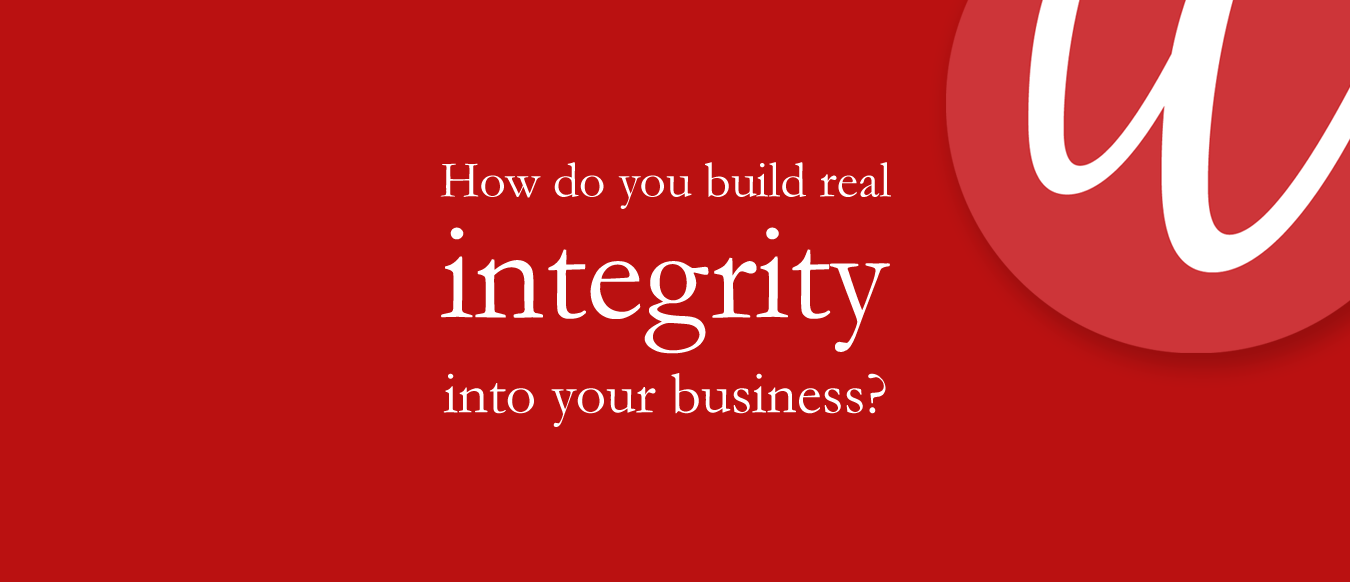Marketing, but not as we know it
Marketing is about the fulfilment of promises. Determining what to promise, to whom, making that promise and then keeping it. It creates a bond and establishes a pathway along which strong relationships can flourish.
Not all promises are kept, but when this approach fails in an organisation it is invariably seen as some form of integrity failure at an operations level.
It's rarely perceived as a marketing issue, but somebody needs to pull together a solution. That coordination depends on a broad, dynamic and yet highly focussed approach which, again, may not obviously sit within the average marketing remit. Solving such problems, or better still, avoiding them in the first place is a specialised job.
That job employs a set of methods, models and processes that are applied according to the nature of each organisation and the nature of that organisation's challenges. Which tactics we chose and how we use them is often a matter of personal choice and 'upbringing'. What is absolutely clear is that getting the strategic thinking and supporting processes in place first dramatically improves the prospects of getting the tactics right.
That's strategic marketing. It should be the beating heart of your business.

